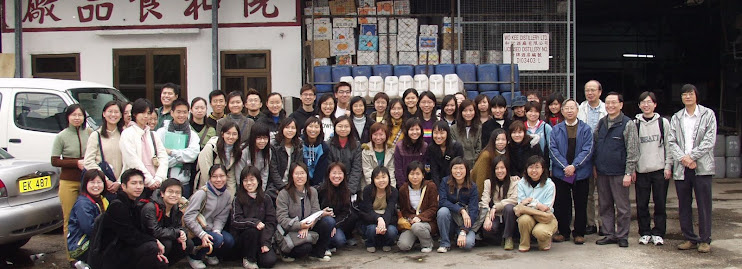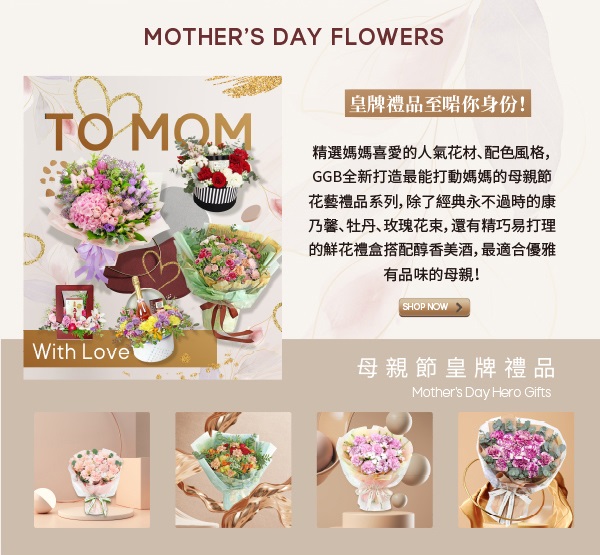| (1) 甲型肝炎與食物 甲型肝炎由甲型肝炎病毒引致,會造成肝臟細胞發炎。甲型肝炎病毒可透過受污染的食物、水或物件,以及經直接或間接的人傳人接觸而傳播。此外,交叉污染及食物處理人員沒有保持良好的個人衞生習慣亦可以傳播病毒。 遵行「食物安全五要點」可有效預防經食物傳播甲型肝炎。 詳情請參閱以下網頁:
https://www.cfs.gov.hk/tc_chi/multimedia/multimedia_pub/multimedia_pub_fsf_105_03.html
(2) 引起食物中毒的細菌和病毒
細菌和病毒是食源性疾病的最常見病因。細菌會在溫暖潮濕、蛋白質豐富及酸鹼值較高的食物中迅速生長。牛奶、帶殼蛋、家禽、魚類、肉類和介貝類都是有利細菌生長的常見食物。雖然病毒無法在食物和水中繁殖,但受污染的食物中只要存有很少數目的病毒粒子,食用後便可致病。 詳情請參閱以下網頁:
https://www.cfs.gov.hk/tc_chi/trade_zone/safe_kitchen/Bacteria_and_viruses_that_cause_food_poisoning.html
(3) 生肉與熟肉中的細菌
肉類有機會帶有食源性致病菌,可令人患病,並引致食物安全問題。這些致病細菌可以入侵人體,或產生毒素因而令人患病。這些細菌在肉類上無色無臭,但正常的烹煮情況(即食物中心部分的溫度至少達到攝氏75度,或其他有效的時間與溫度組合來烹煮)一般能殺死細菌。 然而,若其後的食物安全措施稍有不足,仍有機會發生食物中毒。首先,生肉或會被某些致病細菌(例如產氣莢膜梭狀芽孢桿菌)的孢子污染,而該些孢子在一般烹煮溫度下不會輕易被消滅。烹煮的熱力反而誘發孢子發芽,成為繁殖細胞,在長時間放置在室溫下的食物中迅速繁殖。進食產氣莢膜梭狀芽孢桿菌繁殖細胞含量高的食物可導致食源性疾病。 此外,即食熟肉或會透過交叉污染被致病細菌污染。若貯存熟肉的溫度及時間不當,細菌便可大量繁殖,消費者進食後可能會患上食源性疾病。 詳情請參閱以下網頁:
https://www.cfs.gov.hk/tc_chi/multimedia/multimedia_pub/multimedia_pub_fsf_130_02.html
(4) 「生冷」食物要留神
聽到「生冷」食物,你會想到什麼?壽司?刺身?還是生蠔?「生冷」食物其實是指生或未煮熟的食物。本中心會跟市民,特別是高危人士,分享一下在日常生活中如何小心「生冷」食物。同時,中心亦提醒食物業界,可以為消費者就生冷食物作出知情選擇可以多下什麼功夫。 請點擊查看 :
https://www.cfs.gov.hk/tc_chi/whatsnew/whatsnew_act/High_Risk_Food.html
食物安全中心
18.5.2023
=============================================================
Dear E-news recipients, News on the Centre for Food Safety (CFS) online:
(1) Hepatitis A and Food
Hepatitis A is caused by hepatitis A virus (HAV) leading to inflammation of the liver cells. HAV can be transmitted via contaminated food, water or environmental objects, and through direct or indirect person-to-person contact. Furthermore, cross contamination and poor personal hygiene of food handlers may contribute to the spread of HAV. Foodborne hepatitis A infection could be prevented effectively by practising the "Five Keys to Food Safety". Please click into the webpage for details:
https://www.cfs.gov.hk/english/multimedia/multimedia_pub/multimedia_pub_fsf_105_03.html
(2) Bacteria and viruses that cause food poisoning
Bacteria and viruses are the most common causative agents of foodborne illnesses. Bacteria grow rapidly in foods that are warm, rich in moisture or protein and low in acidity. Milk, shell eggs, poultry, fish, meat and shellfish are common foods susceptible to bacteria growth. Although viruses cannot grow in food or water, a small number of viral particles can cause sickness when consuming the contaminated food. Please click into the webpage for details:
https://www.cfs.gov.hk/english/trade_zone/safe_kitchen/Bacteria_and_viruses_that_cause_food_poisoning.html
(3) Bacteria in Raw Meat vs Cooked Meat
Meat has potential to carry foodborne pathogens that can cause illness and lead to food safety problems. These pathogenic bacteria are able to invade our bodies or produce toxins to cause illness. They cannot be seen or smelled on the meat, but can generally be killed by normal cooking conditions (i.e. cooking to a core temperature of at least 75°C instantaneously or other effective time/ temperature combinations). Nevertheless, if there are subsequent lapses in food safety practices, food poisoning may still occur. To start with, raw meat may be contaminated with spores of certain pathogenic bacteria (e.g. Clostridium perfringens) and spores are not readily destroyed by normal cooking temperature. Heat of cooking can rather activate the spores to germinate and develop into vegetative cells which can multiply rapidly in foods that are placed at ambient temperature for a long period. Consuming foods that contain high levels of Clostridium perfringens vegetative cells may lead to foodborne illness. In addition, pathogenic bacteria may be introduced into the ready-to-eat cooked meat through cross-contamination and multiply to larger amount as a result of time and temperature abuse of the food, causing foodborne illness in consumers. Please click into the webpage for details:
https://www.cfs.gov.hk/english/multimedia/multimedia_pub/multimedia_pub_fsf_130_02.html
(4) Always Look Out for High-risk Foods
What comes to your mind when you hear the term ‘high-risk foods’? Sushi? Sashimi? Or raw oysters? Raw or undercooked food are generally high-risk foods. You may not notice that some common dishes may contain raw or undercooked ingredients, such as mango pudding made with raw eggs, smoked salmon sandwiches, and congee made with undercooked beef. The CFS would like to share with the public, especially susceptible populations, on how to be vigilant about high-risk foods in their daily diet. At the same time, the CFS would also like to urge the food trade on what efforts can be made for empowering consumers to make informed choices about high-risk foods. Please click into the webpage for details:
https://www.cfs.gov.hk/english/whatsnew/whatsnew_act/High_Risk_Food.html Centre for Food Safety
18.5.2023 | 










